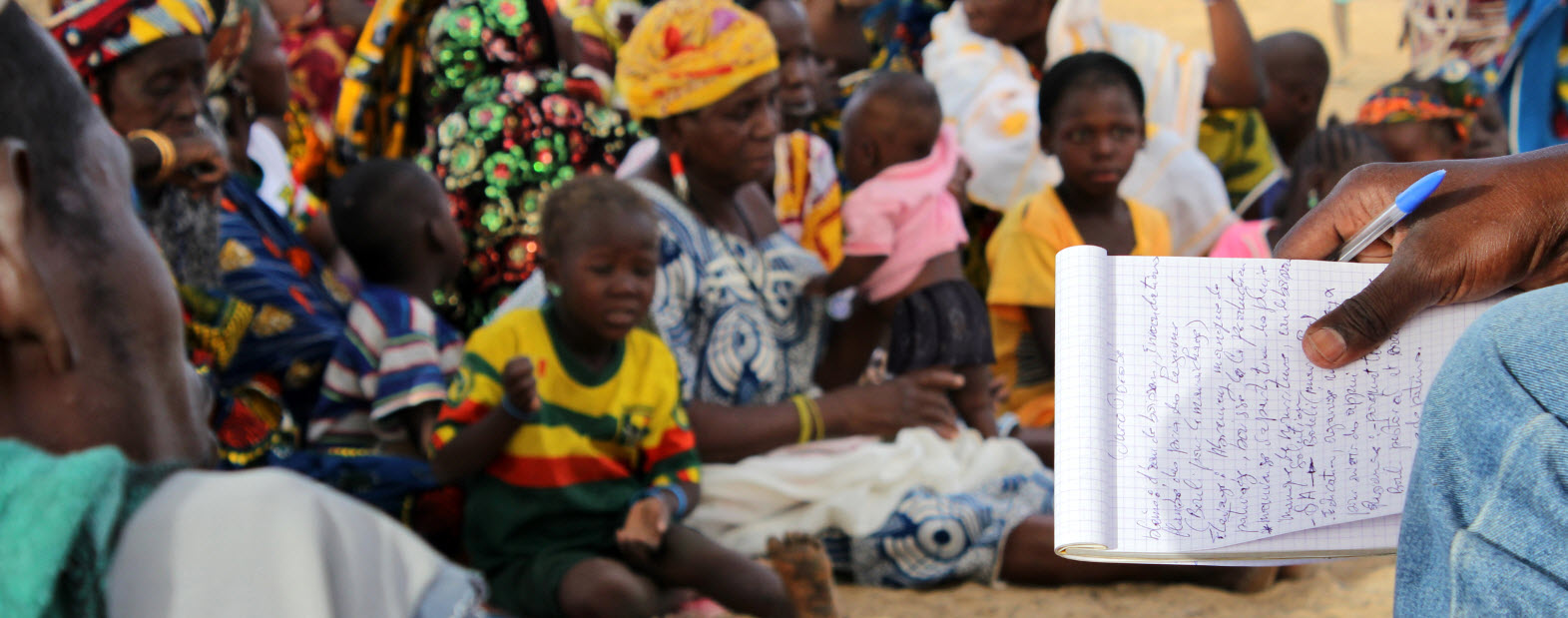
Funding
OCHA Donors in 2023
The graphic below shows the top 10 OCHA donors for this year. The bar represents the percentage of earmarked vs. unearmarked funds per donor. For a complete listing of OCHA's donors, please click the button below.
Unearmarked % Earmarked %
OCHA’s role is to bring together humanitarian actors to ensure a coherent response to emergencies. The core function of the organization is to mobilize and coordinate effective humanitarian action in partnership with national and international actors; advocate the rights of people in need; promote preparedness and prevention and facilitate sustainable solutions. OCHA cannot deliver its mandate without the support of its donors.
OCHA receives voluntary contributions from a diverse set of donors. Their generous contributions and constant active support allow OCHA to deliver its services and to develop innovative ways to meet or address the challenges confronting the global humanitarian community. OCHA highly values its donors’ funding year after year and counts on continued support during a period of unprecedented humanitarian need.
To make a donation to OCHA and/or our Humanitarian Funds, Governments, corporations and foundations can email: ocha.donor.relations@un.org
For online donations, individuals can visit https://cerf.un.org/donate
OCHA’s Budget
To finance OCHA’s activities, only 5 per cent of the Office’s annual budget is funded from the United Nations Regular Budget. Therefore, OCHA remains reliant on voluntary contributions primarily from Member States and the European Commission.
OCHA’s 2022 extra budgetary (XB) opening budget is $300.8 million. OCHA’s administrative budget is funded by programme support costs levied on the XB at 7 per cent.
OCHA makes sure that the contributions made by donors find their way to the most vulnerable populations, providing the financial requirements for its own programme, as efficient as possible. By coordinating humanitarian action, information management and humanitarian financing, a proficient system has been developed to guarantee a fast response to humanitarian crises without extra costs for the donors.
OCHA Donor Support Group (ODSG)
The ODSG is a group of donors who acts as a ‘sounding board’ and a source of advice on policy, management, budgetary and financial questions. Its goal is to support OCHA in fulfilling its mandate. ODSG members commit to provide political, financial and technical support towards fulfilling OCHA’s mandated coordination activities.
The ODSG currently consists of 30 members: Australia, Austria, Belgium, Canada, Denmark, Estonia, Finland, France, Germany, Iceland, Ireland, Italy, Japan, Luxembourg, New Zealand, the Netherlands, Norway, Poland, Qatar, Republic of Korea, Russian Federation, Kingdom of Saudi Arabia, Spain, Sweden, Switzerland, Turkey, United Arab Emirates, United Kingdom, United States and the European Commission. The ODSG is chaired by one of its members on a yearly rotating basis.
Specially Designated Contributions (SDCs)
Donors can choose to fund humanitarian projects that are implemented by third parties (UN partners and NGOs). These are the so-called SDCs, but they are not included in the annual budget plan, as they do not have a direct link to OCHA’s activities. Therefore, OCHA channels this sort of income to third parties in the form of grants. The most common SDCs are:
- Country-Based Pooled Funds (CBPFs).
- United Nations Disaster Assessment and Coordination (UNDAC) Mission Accounts: Member States deposit funding with OCHA, which is then used to deploy their nationals on UNDAC Missions.
- Protection Standby Capacity (ProCap) and Gender Standby Capacity (GenCap) Projects: covers the Norwegian Refugee Council’s management and deployments of senior protection officers and senior gender advisers, as well as related training programmes.
Flexible Funding
To enable the allocation of funds where and when they are needed, contributions need to be flexible. Therefore, an important part of OCHA’s resource mobilization strategy is to secure a healthy balance between earmarked and unearmarked funding from donors and, where possible, to secure those commitments on a multi-year basis, for greater predictability. OCHA also works with its partners to sustainably and meaningfully diversify its donor base.
Some donor policies allow, or favour, the allocation of unearmarked funding to humanitarian organizations in return for corporate-performance commitments, and an expectation that funds will be internally allocated where they are most needed, including during a sudden on-set emergency. This results in a greater operational flexibility and security while allocating funding, especially at the start of each year.








